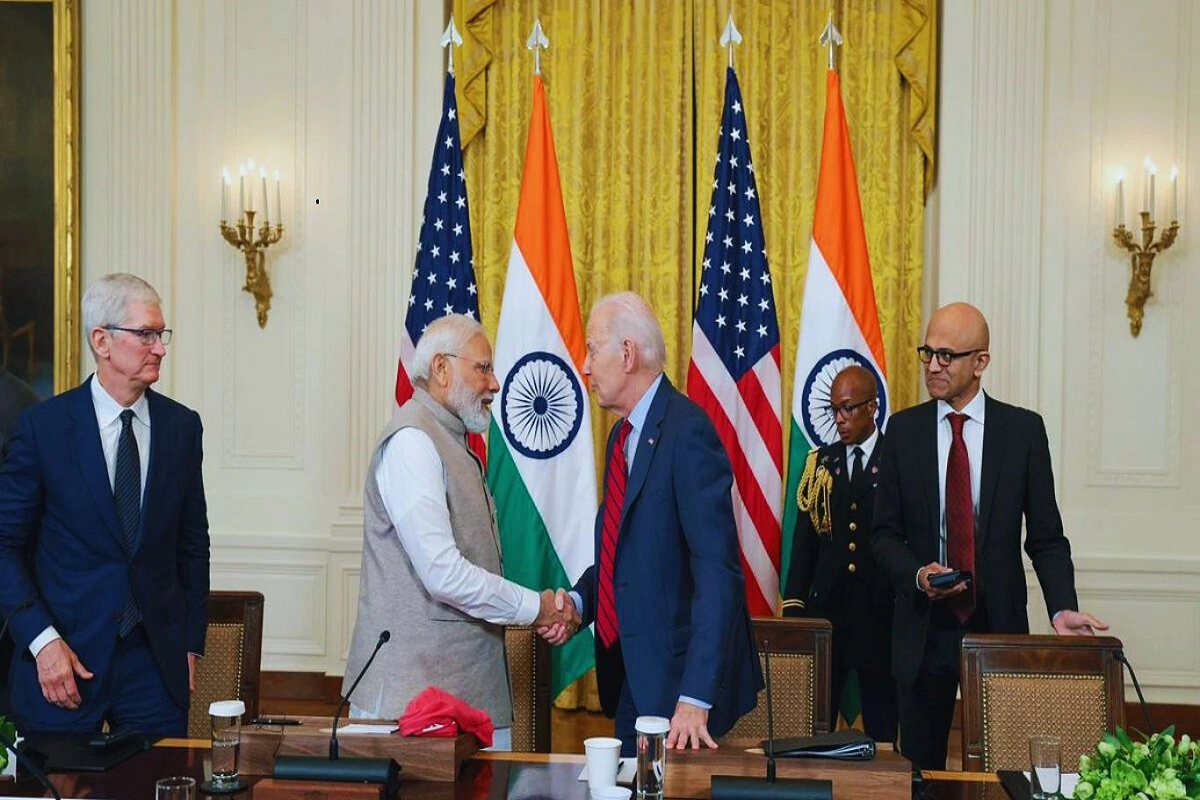
India-US
In contrast, a recent article in Foreign Affairs by the seasoned India expert Ashley J. Tellis titled “America’s Bad Bet on India” warns that there are restrictions on US-India cooperation and that Washington would be wise to recognize them. Tellis, who holds the Tata Chair for Strategic Affairs at the Carnegie Endowment for International Peace, commented on his contentious essay on last week’s “Grand Tamasha” edition, a podcast on Indian politics and policy that is put out by the Carnegie Endowment for International Peace.
When it comes to a potential US-China conflict over Taiwan, Tellis thinks India will be reluctant to engage in military terms. “India will side with the US in any confrontation that we are engaged in with respect to China,” said Tellis. “But I think it is unlikely that India will involve itself militarily, short of any direct Chinese threats to India itself.” In other words, Tellis explains, “I think the distinction needs to be appreciated between support for the US and military involvement in a US-led campaign against China. I think India will do the former; I think it will not do the latter.” Tellis clarified that this is a contingent judgment because it depends on so many circumstances that are hard to foresee. “But a priori, it is not an unreasonable expectation to say that India will sit out active military involvement,” he concluded.
Of course, there are many things that India and the US may do to stop China’s ascent without resorting to coalition warfare. The joint US-India effort on critical and emerging technology (iCET) received a great deal of attention during the state visit. Tellis thinks the effort has potential, but he cautions that it is still in its early stages. We are in the early stages of what is a work in progress, not only that it is a work in progress, said Tellis. “I believe technology has the power to alter, but I hesitate when people declare it to be ‘the next big thing’ in dramatic terms. And the reason I am hesitant is not because I underestimate the possibility for reform, but rather because I fear that it has so many moving parts.”
Tellis agrees that there are no simple solutions for the Biden administration with regards to India’s dedication to democracy, another issue that surrounds the relationship. “The US government is in a difficult situation, one that is not specific to India but is also not going away anytime soon. How do you handle issues involving friends? Your enemies are easy to deal with: you just bash them around. It’s far harder to solve issues with your pals, according to Tellis. The academic explained that the US has dealt with nations like Pakistan, which have served as partners of convenience, in the past. However, “dealing with India and the challenges of its democracy are entirely new for” America.
(This story has not been edited by Bharat Express staff and is auto-generated from a syndicated feed.)

















